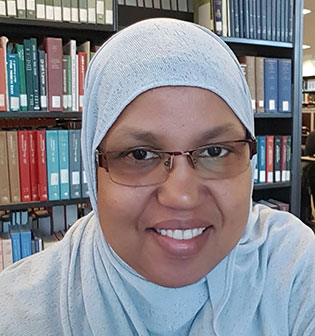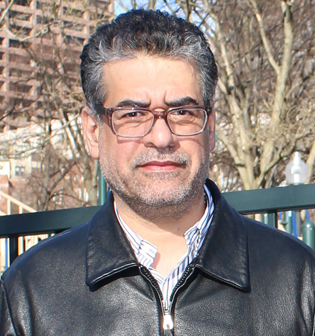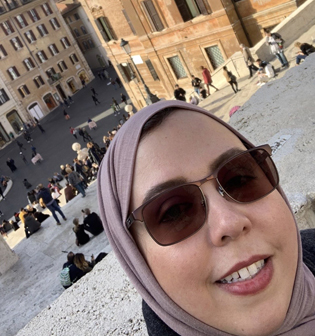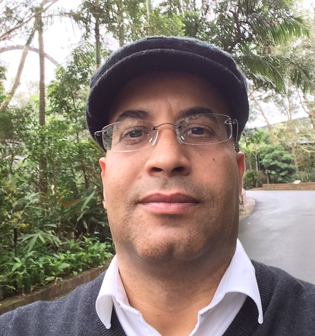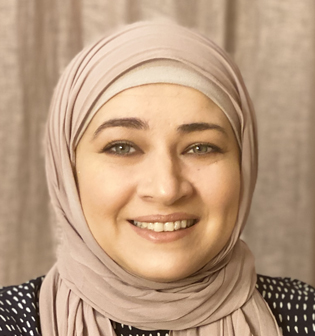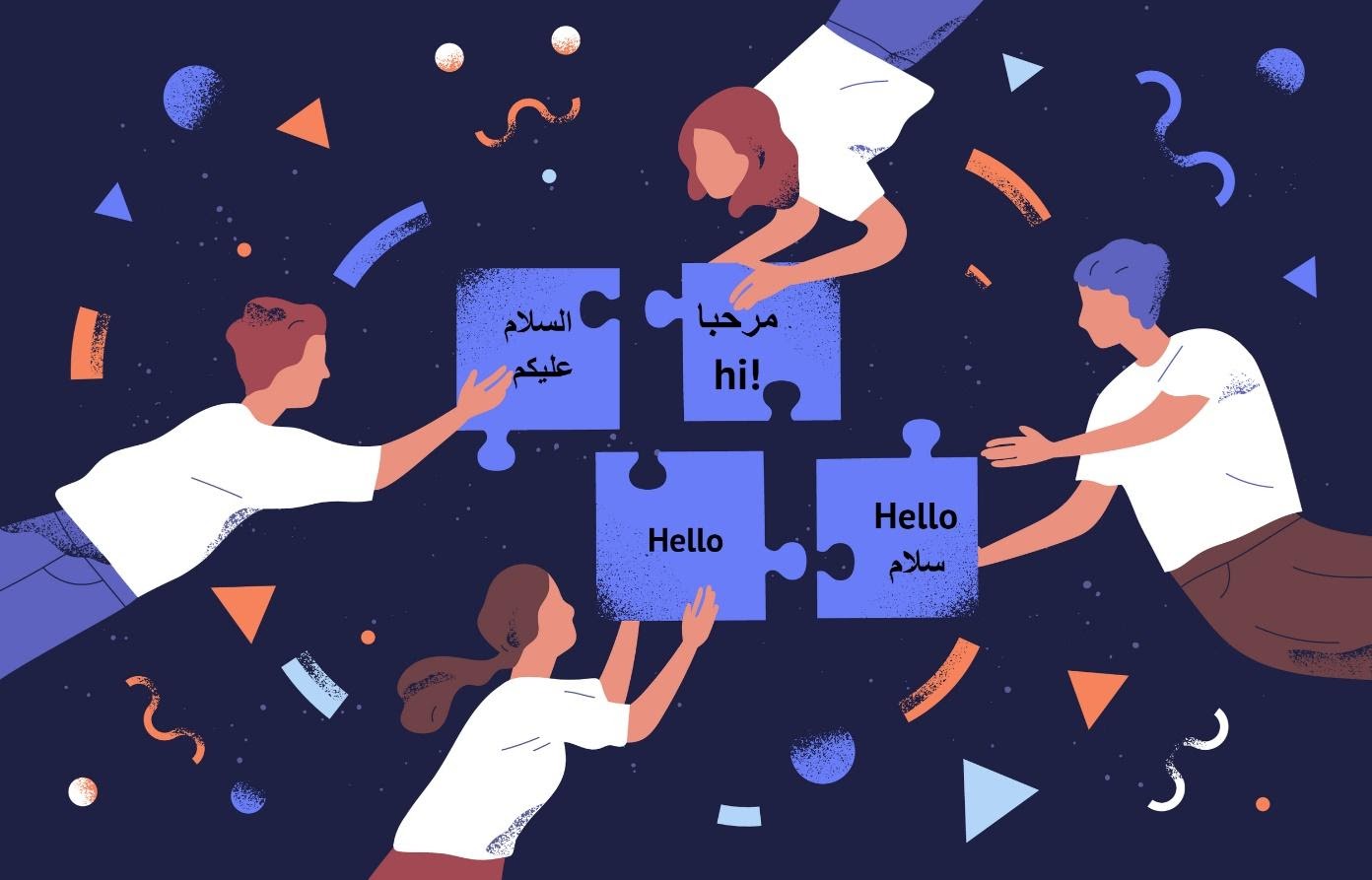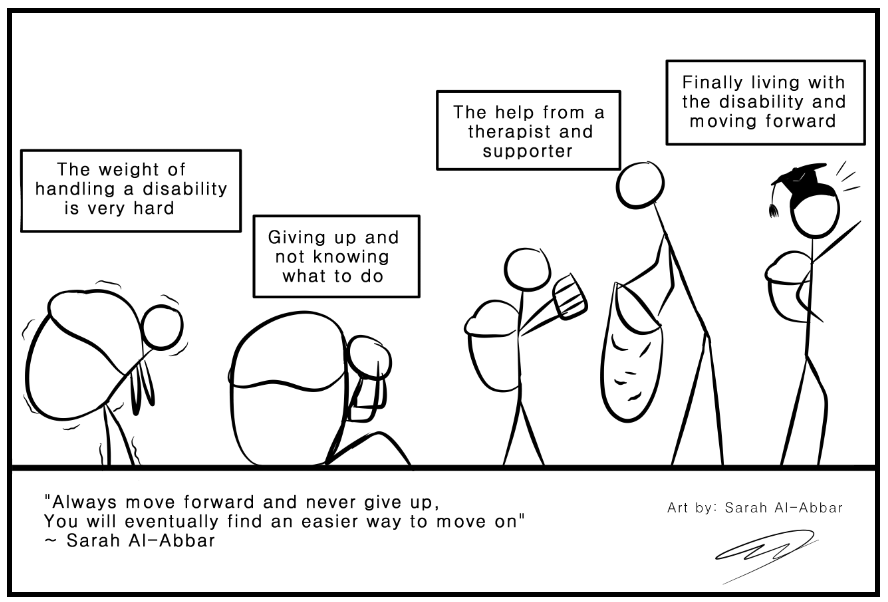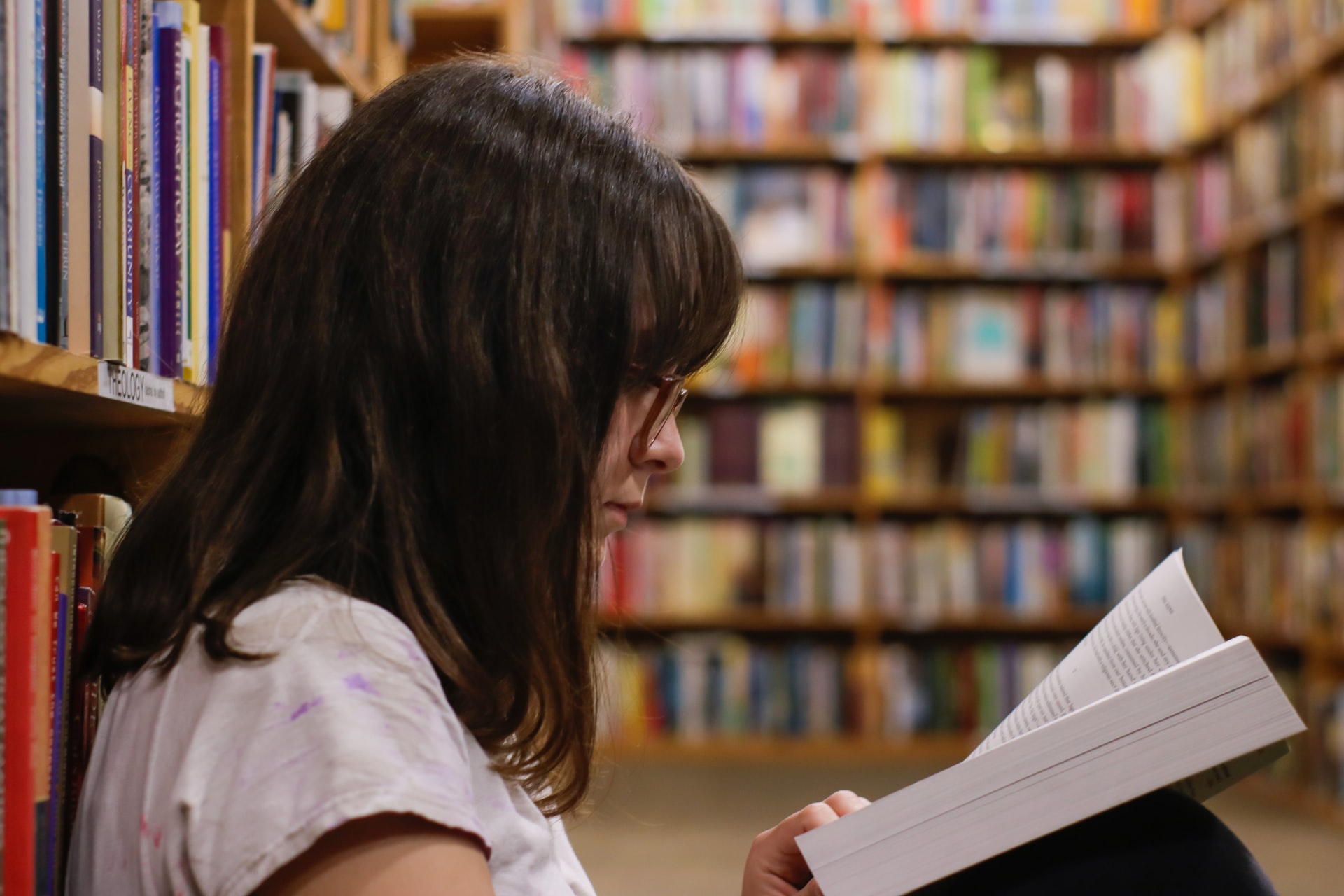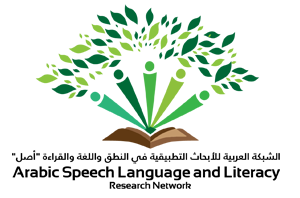Our Mission

To provide professionals and researchers with Arabic resources that can assist them in delivering effective services for clients with communication disorders.

To advance the research knowledge-base on typical and disordered communication in Arabic speakers through local and international collaboration.

To establish a network for collaboration among researchers, specialists, practitioners and students in the field of Arabic communication disorders and literacy.

To serve as a platform for raising public awareness about Arabic speech, language and literacy issues.
